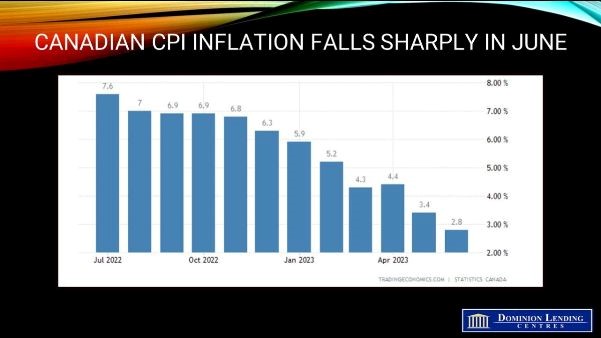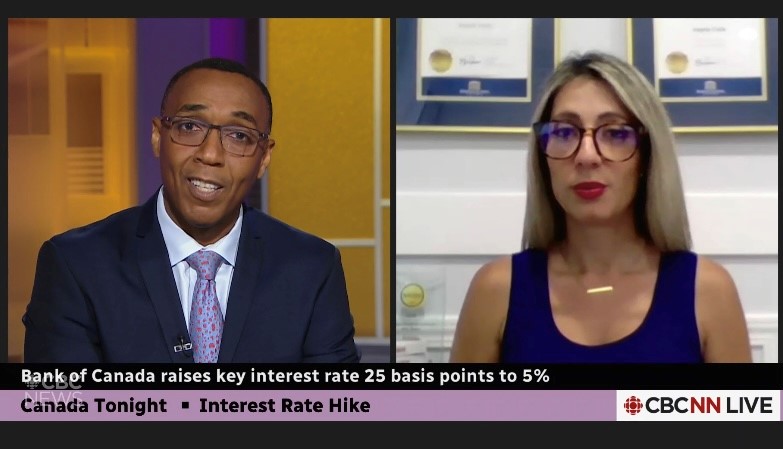In the ever-changing Canadian market, financial decisions can be both daunting and exhilarating. Every day, The Angela Calla Mortgage Team have the privilege of helping Canadians navigate these waters. Recently, a nurse and an engineer from Port Coquitlam experienced firsthand the benefits of taking control of their financial future by redoing their mortgage early. Through this decision, they managed to save a significant amount of money, and their experience highlights the eight things they love about it.
1. Save Money Monthly: One of the most immediate and rewarding benefits of refinancing their mortgage early was the opportunity to save money on a monthly basis. By securing a lower interest rate and potentially extending the mortgage term, they reduced their monthly mortgage payments significantly, freeing up funds for other important financial goals.
2. No Outside Debts: With the newfound savings from their lower mortgage payments, the nurse and engineer were able to eliminate outside debts. Paying off high-interest debts, such as credit cards or lines of credit, provides them with financial freedom and the ability to focus on their long-term financial well-being.
3. Building an Emergency Fund: Having an emergency fund is essential for handling unexpected financial challenges without resorting to high-interest loans. By restructuring their mortgage, the couple now has an opportunity to build a robust emergency fund, giving them peace of mind and added financial security.
4. Accelerating Property Ladder Progress: A key advantage of refinancing early is the ability to move up the property ladder sooner. With reduced monthly payments and better financial planning, the nurse and engineer are now on track to achieve their dream of upgrading to a larger, more suitable home in the future.
5. Investing in Their Children’s Future: With their finances in better shape, the couple has decided to start contributing to their children’s Registered Education Savings Plan (RESP). By prioritizing their children’s education, they are building a solid foundation for their youngsters’ futures.
6. Contributing to Their RRSPs and Tax Refunds: Through mortgage refinancing, the couple was able to free up more funds to contribute to their own Registered Retirement Savings Plans (RRSPs). This not only helps secure their retirement but also leads to additional benefits, such as a tax refund, which they plan to use for a bit of well-deserved fun.
7. Avoiding Unnecessary Interest Payments: By taking control of their mortgage and refinancing early, the nurse and engineer were able to avoid paying unnecessary interest for no apparent benefit. Reducing the overall interest paid over the life of the mortgage allows them to retain more of their hard-earned money.
8. Securing a Lower Rate for the Long Term: One of the most significant advantages of refinancing early is the ability to secure a lower interest rate for a more extended period. This locks in their mortgage at a favorable rate, shielding them from potential future interest rate fluctuations.
The success story of the Port Coquitlam nurse and engineer demonstrates the power of making informed financial decisions. By taking control of their mortgage and refinancing early, they unlocked a wealth of benefits, including reduced monthly payments, elimination of outside debts, and increased contributions to their RRSPs and their children’s RESP. Moreover, their decision to build an emergency fund and secure a lower interest rate provides them with financial security and a stronger foundation for their future. If their experience teaches us anything, it’s that by carefully navigating the changing market and seeking expert advice, Canadians can achieve financial success and enjoy a brighter financial future.
Angela Calla is an 19-year award-winning woman of influence which sets her apart from the rest. Alongside her team, Angela passionately assists mortgage holders in acquiring the best possible mortgage. Through her presence on “The Mortgage Show” and through her best-selling book “The Mortgage Code“, Angela educates prospective home buyers by providing vital information on mortgages. In light of this, her success awarded her with the 2020Business Leader of the Year Award.
Angela is a frequent go-to source for media and publishers across the country. For media interviews, speaking inquiries, or personal mortgage assistance, please contact Angela at hello@countoncalla.ca or at 604-802-3983.
Click here to view the latest news on our blog.







